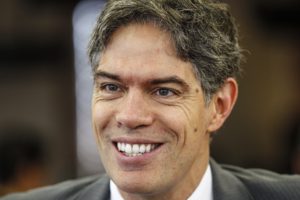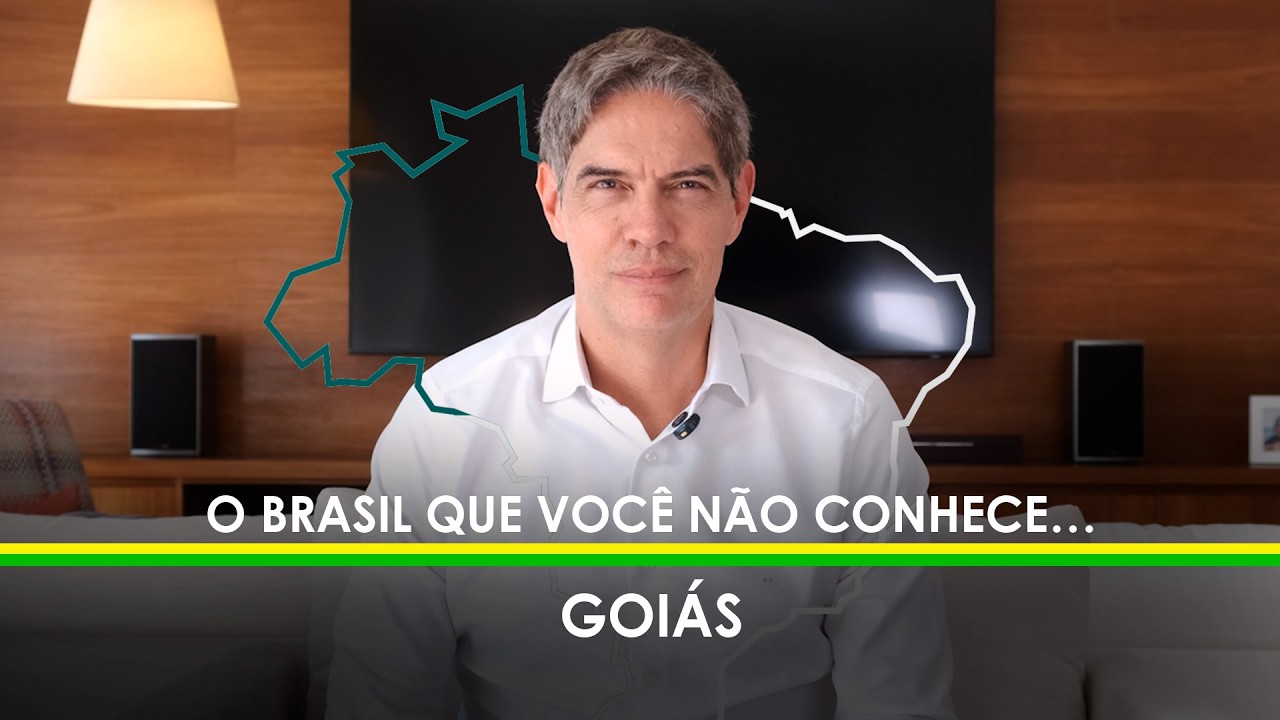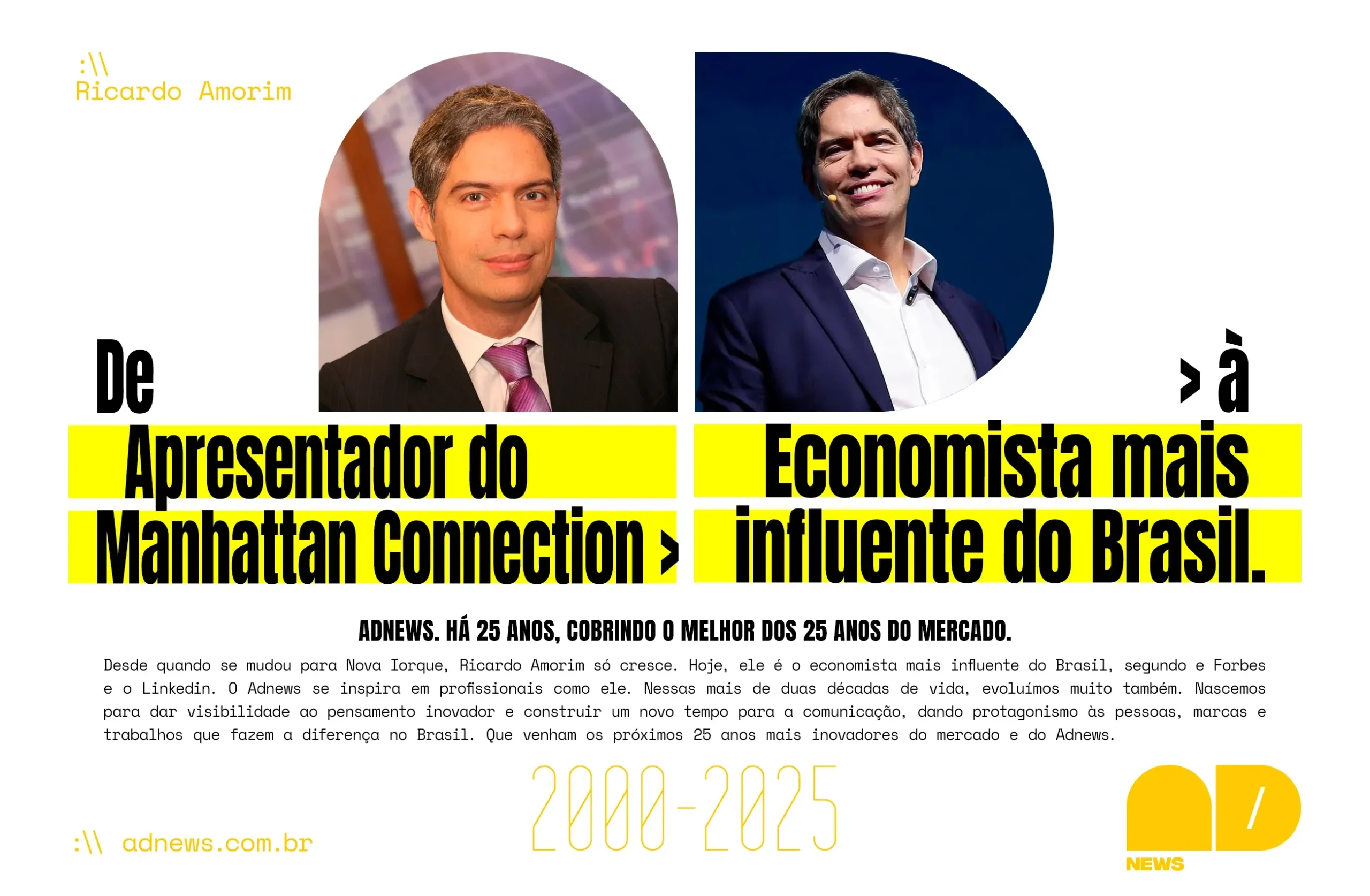Reuters BRASILIA and SAO PAULO, Brazil
Brazil on Monday doubled a tax on foreign investors purchasing local bonds, trying to curb a currency rally that has turned into an issue in the country’s presidential race.
As emerging economies globally struggle to cope with hot investment inflows that have pushed up their currencies, Brazilian Minister of Finance Guido Mantega said the so-called IOF tax will rise to 4 percent from 2 percent starting yesterday.
With Brazilian interest rates among the world’s highest at 10.75 percent, foreign investors are pouring cash into the South American country in search of steep returns.
Analysts at RBS said the move suggested the government was trying to counter vulnerability of the ruling party’s candidate, Dilma Rousseff, on the issue of the real after she failed to see off her main challenger, opposition candidate Jose Serra during a first round of voting on Sunday.
“I think the electoral impact is limited, but it could make it harder for Serra to criticize the government for not doing enough to curb the real’s rally,” said Ricardo Amorim, president of Ricam Consultoria, a Sao Paulo consulting firm.
Analysts expected limited impact from the tax hike.
Brazil and other Latin American countries are trying to shield exporters from losing competitiveness.
“Various countries are taking currency measures, no one is sleeping on the job,” Mantega told reporters in Brasilia.
Colombia’s central bank began buying US dollars last month to curb a currency rise. On Monday, Chile’s president said the central bank should do more to tame the Chilean currency. Peru’s central bank has also intervened often this year to buy US dollars.
“We risk having a trade war and that’s the worry,” Mantega added. “It is preferable that we take coordinated measures instead of isolated measures.”
The tax was introduced last October to deter speculation in Brazilian financial markets. -However, it has had little impact in one of the world’s fastest-growing emerging economies.
After rallying more than 100 percent since Brazilian President Luiz Inacio Lula da Silva took office in 2003, the real is now the world’s most overvalued currency, according to Goldman Sachs.
The currency dipped after the announcement, but was still trading firmer than the key 1.70 threshold, which analysts believe is the authorities’ unofficial comfort level.
The real stood at 1.6975, according to the international reference rate.
With Brazilian interest rates among the world’s highest at 10.75 percent, foreign investors are pouring cash into the South American country in search of steep returns.
Analysts at RBS said the move suggested the government was trying to counter vulnerability of the ruling party’s candidate, Dilma Rousseff, on the issue of the real after she failed to see off her main challenger, opposition candidate Jose Serra during a first round of voting on Sunday.
“I think the electoral impact is limited, but it could make it harder for Serra to criticize the government for not doing enough to curb the real’s rally,” said Ricardo Amorim, president of Ricam Consultoria, a Sao Paulo consulting firm.
Analysts expected limited impact from the tax hike.
Brazil and other Latin American countries are trying to shield exporters from losing competitiveness.
“Various countries are taking currency measures, no one is sleeping on the job,” Mantega told reporters in Brasilia.
Colombia’s central bank began buying US dollars last month to curb a currency rise. On Monday, Chile’s president said the central bank should do more to tame the Chilean currency. Peru’s central bank has also intervened often this year to buy US dollars.
“We risk having a trade war and that’s the worry,” Mantega added. “It is preferable that we take coordinated measures instead of isolated measures.”
The tax was introduced last October to deter speculation in Brazilian financial markets. -However, it has had little impact in one of the world’s fastest-growing emerging economies.
After rallying more than 100 percent since Brazilian President Luiz Inacio Lula da Silva took office in 2003, the real is now the world’s most overvalued currency, according to Goldman Sachs.
The currency dipped after the announcement, but was still trading firmer than the key 1.70 threshold, which analysts believe is the authorities’ unofficial comfort level.
The real stood at 1.6975, according to the international reference rate.




